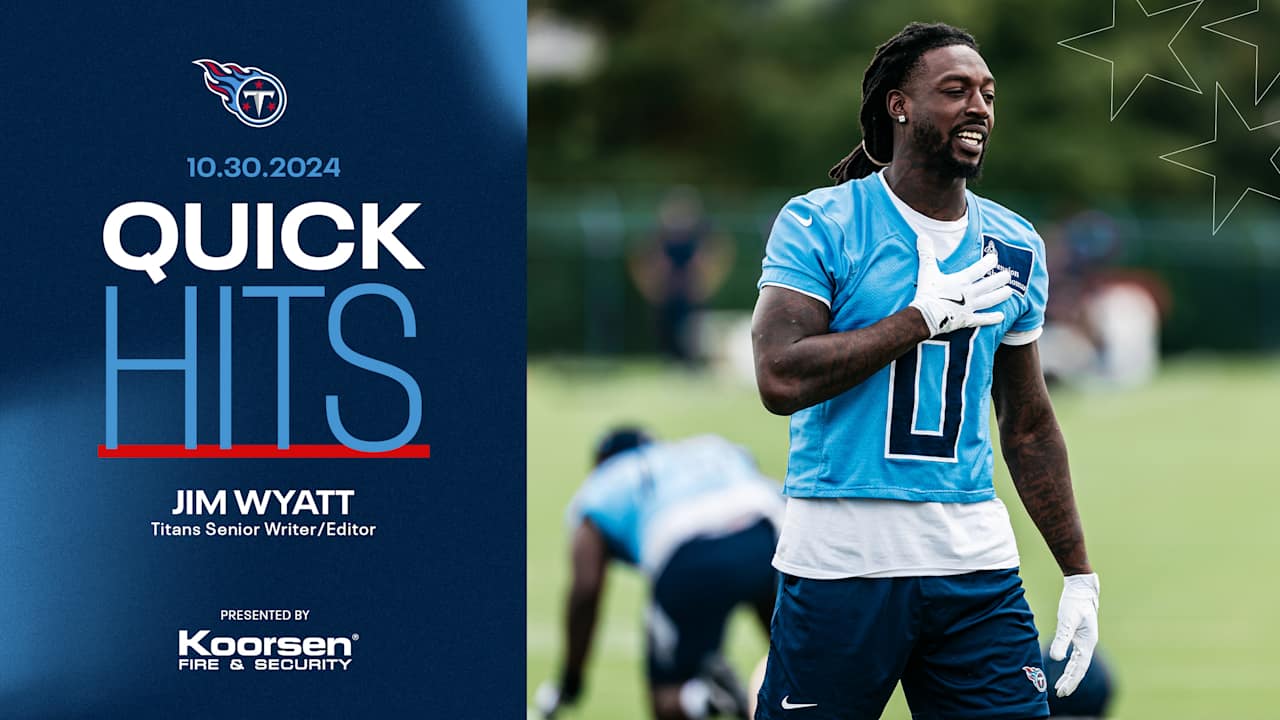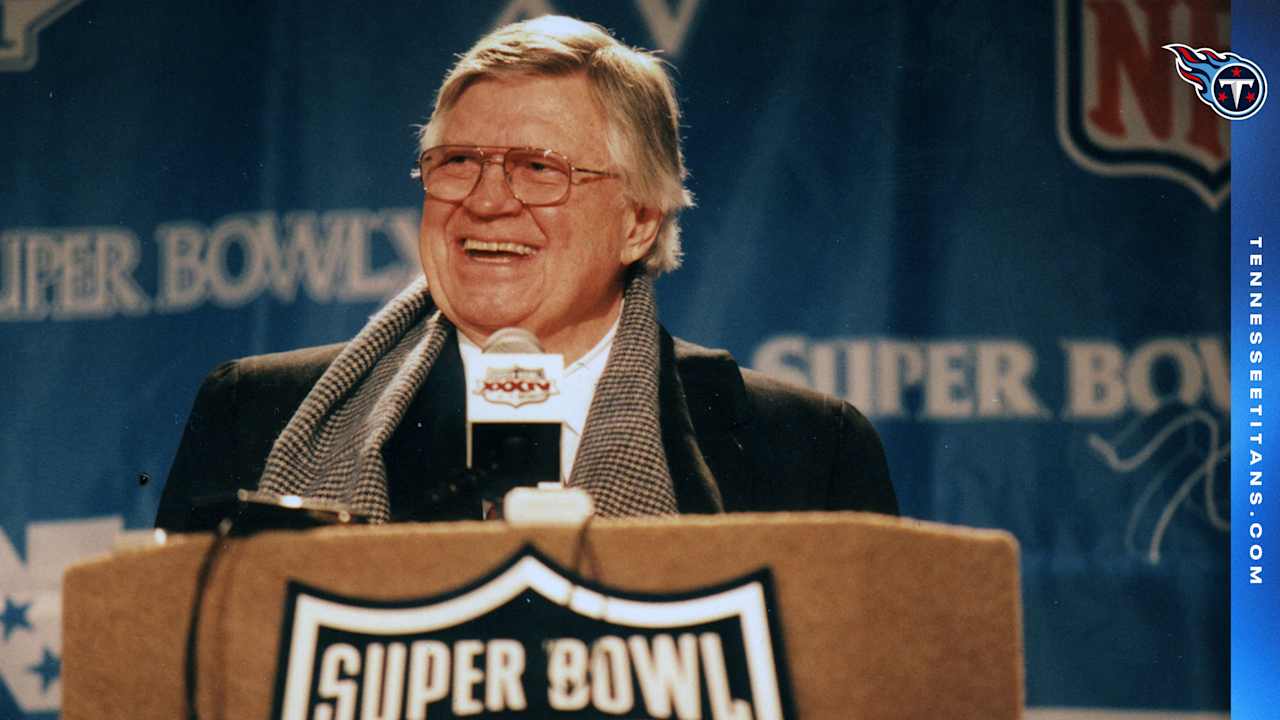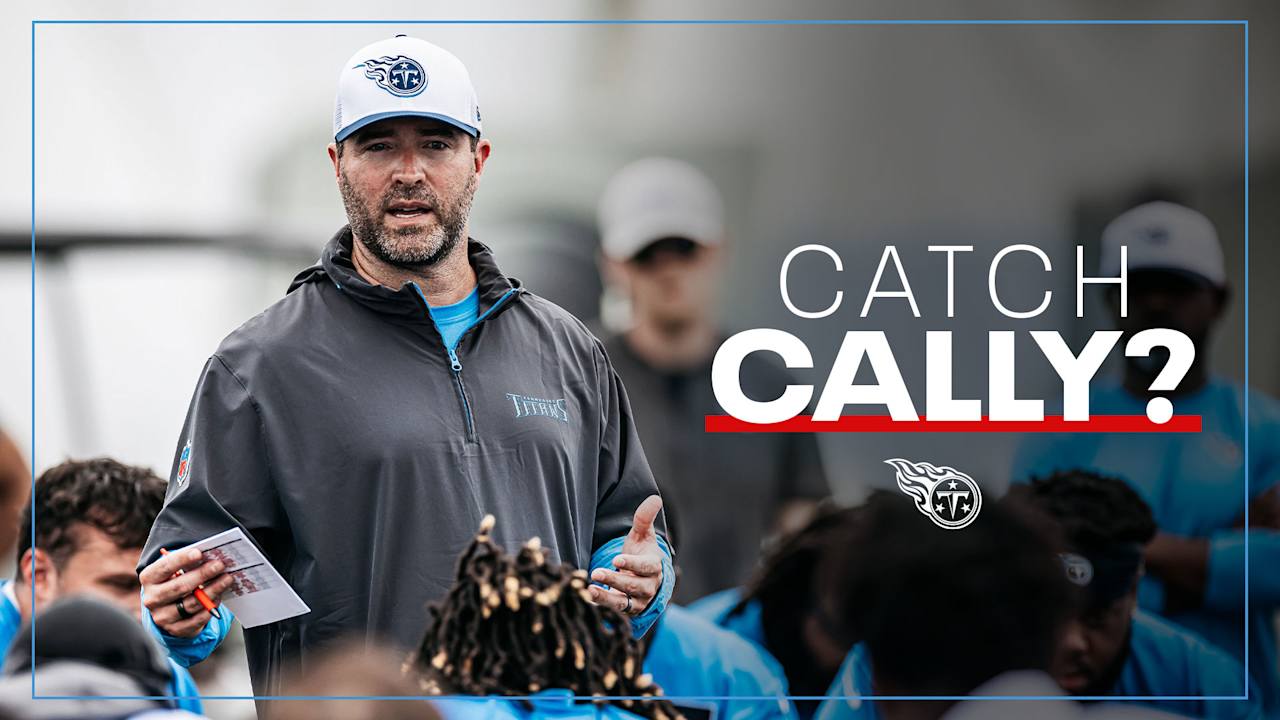After nearly 60 years on the road, Doyle Lawson admits he’s finally ready to slow down — but his off-ramp is a long one. After all, on Friday, Billy Blue Records is releasing Doyle Lawson & Quicksilver’s new album Roundtable, not to mention the bluegrass icon has a busy tour schedule with plans to return to the studio to produce other acts.
“I’m coming off the road; I’m not retiring,” he tells Billboard. “I’ve been at this a long time and I’ve been so blessed. If I stay on the road until February of ’23, that would be 60 years, and I’m so fortunate that my hands have held up good and my voice has held up well. It’s been my desire to step away when I walk offstage and still feel good about what I just did.”
A member of the International Bluegrass Music Hall of Fame and a recipient of a National Heritage Fellowship presented by the National Endowment for the Arts, Lawson, 77, began his professional career playing banjo for Jimmy Martin and the Sunny Mountain Boys and performed with J.D. Crowe’s band and with the Country Gentlemen before forming his own group in 1979.
Initially known as Doyle Lawson & Foxfire, the band evolved into Doyle Lawson & Quicksilver. Since 2004, the group has landed 15 albums in the top 15 of Billboard’s Bluegrass Albums chart. The current lineup includes Eli Johnston on banjo/guitar/vocals, Stephen Burwell on fiddle/percussion, Jerry Cole on acoustic bass/guitar/percussion/vocals, Matt Flake on fiddle/vocals, and Ben James on guitar/vocals.
One of Lawson’s goals with Roundtable was sharing the lead vocal spotlight. Though he has also done so in the past, on this album, he sings lead on none of the songs. “I’ve always wanted to be a good leader,” he says. “I didn’t care so much about being the star. It’s my band, but I don’t have to sing the lead vocal on every song. It’s never been about that for me. It’s been what it sounds like as a finished product.”
Lawson cast Johnston as lead on “Would You Carry Me,” a nostalgic ballad about lessons learned from one’s elders. “He loves to hunt and loves to fish, especially, and he was very close to his grandparents. He lost one of his grandfathers not too long ago, maybe a year or year and a half, and knowing Eli, I thought it was the perfect song for him.”
James takes lead on “You Ain’t Heard Lonesome Yet,” “Every Now and Then” and “That Train Don’t Stop Here Anymore.” “He’s about 25 years old and has an incredibly good voice, pure and clear, so I was looking for things that would be for him and those worked,” Lawson says.
Flake handles lead on “Between the Lines,” penned by the late Steve Goodman and Steve Burgh. “I knew Steve [Goodman] back in the day when I was living in the D.C. area,” Lawson says of the writer best known for penning Arlo Guthrie’s “City of New Orleans.” “He loved bluegrass. I liked Steve and what he did because he was different. I hadn’t listened to Steve in a while and I pulled up ‘Between the Lines’ and I thought, ‘I’ve got to do that one.’”
Cole takes lead on five songs on the 12-track set, including “Old Man Winter” and “Lazy Whippoorwill,” which he wrote. “If a guy is a good vocalist and he writes a song, it’s really hard to beat his treatment of it.”
The idea for the album title came to Lawson one night when he was driving home from Sound Biscuit, the Sevierville, Tenn., studio where he recorded the album in early 2021. “It occurred to me that this was a ‘roundtable’ recording [with] the different lead vocals heard throughout the project. It was like a roundtable discussion.”
The final track, “A Little More Faith in Jesus,” is an a cappella number where the group’s stunning vocal blend shines. “Jerry, my bass player, started singing it, and in about 15 or 20 minutes, we had the arrangement down, went into the studio and cut it,” Lawson says.
Lawson plans for his final album with Quicksilver to be a gospel project that will come out in 2022. Though a legend in the bluegrass community, gospel has also always been an important part of Lawson’s repertoire. Eight of his 18 International Bluegrass Music Assn. Awards are for gospel recordings. “When I was growing up, my dad sang in an a cappella quartet from the time I was just 8 or 9 years old and was still singing when I left home. A lot of [classic gospel] songs I’ve recorded over the years are from the books my dad sang out of,” he says.
When Lawson & Quicksilver released Rock My Soul as their second album in 1980, his record company pushed back, advising he wait for several more albums. “I said, ‘You don’t see and hear the people like I do’ … That album got me a little gold record on the wall. It’s my belief that album was what turned the corner and what made it possible for me to continue on and so it became a huge part of me. With gospel being so good to me, I would like the last recording to be all gospel and that’s what I intend to do.”
Though he plans to retire from the road, Lawson makes it clear he has no plans to retire from making music. He’s produced Donna Ulisse’s last two albums and has also produced the Malpass Brothers and plans to continue.
“You can be an athlete, you can be an airplane pilot, but there comes a time where Father Time starts eroding your abilities and you can’t avoid that,” he says. “So I want to step away from [being] a band leader while I can still be happy with what I just did. I like producing other people, so I plan to do that, but I think almost 60 years of touring would be a good time to stop.”
Before he steps away from the road, Lawson will spend the remainder of 2021 and 2022 touring in support of Roundtable. For 30 years, Lawson’s booking has been handled in-house by his sister-in-law Mary McClellan. “You can open up a whole bushel barrel of discussion about agencies and agents and all that, but the fact is I found for me doing it in-house is overall the best for me,” says Lawson, who makes his home in Bristol, Tenn., when he’s not on the road performing around 100 shows a year.
There’s no major finale planned yet. “I haven’t thought that far ahead,” Lawson says. “I told Mary, ‘Listen, I’m not going to go through the whole year next year having a big sendoff wherever I go. I want to go take my band and entertain the people like I always have. We might do one or two towards the end, but I don’t want to make a big deal out of it until then.’ I’ll be real tired of people sending me off by then,” he says a laugh. “It will make me feel like they don’t want me if they do it too much.”






